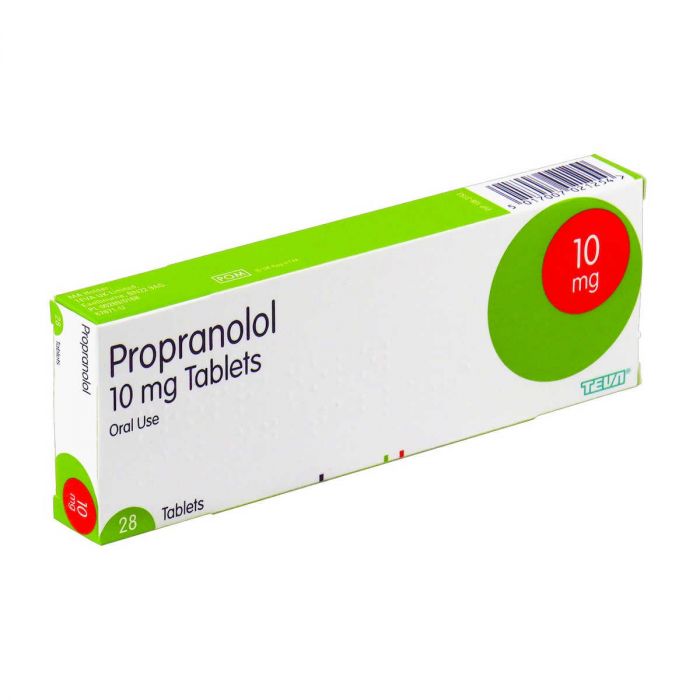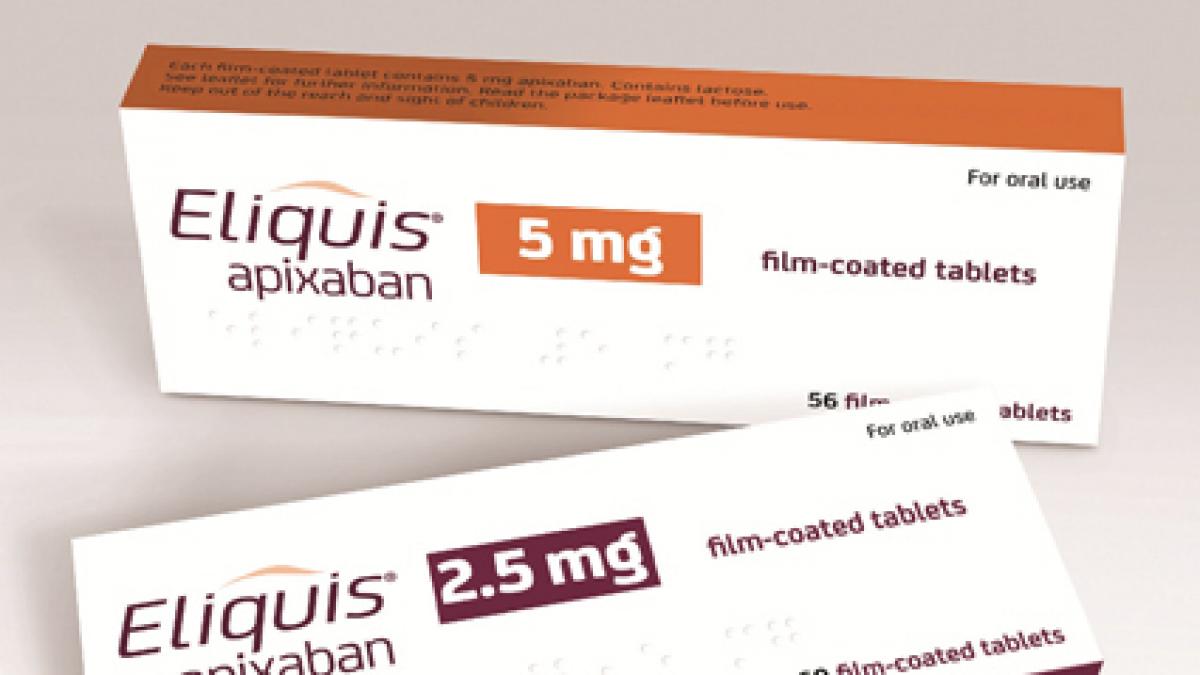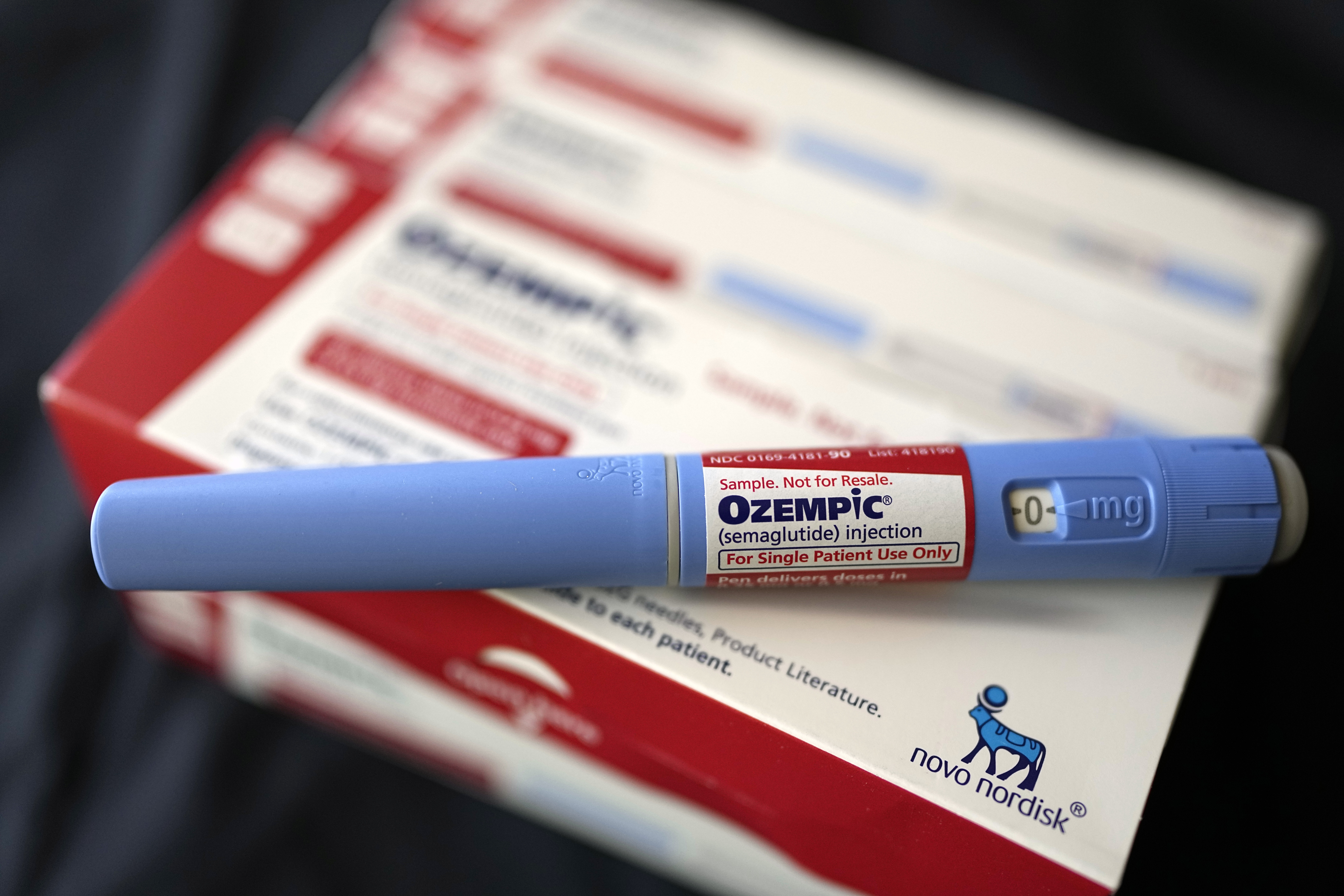Ozempic is a prescription medication that comes in the form of a once-weekly injection. It’s used to improve blood sugar control in adults with type 2 diabetes. Ozempic can help you lower your A1C (a measure of blood sugar control over time) and blood sugar levels. It may also help you lose weight.
The active ingredient in Ozempic is semaglutide. Semaglutide is a type of medicine called a glucagon-like peptide-1 (GLP-1) receptor agonist. It works by helping your body release insulin when your blood sugar is too high and by decreasing the amount of sugar your liver makes.
Ozempic is FDA-approved for use in adults with type 2 diabetes. It’s not approved for use in children or people with type 1 diabetes.
Ozempic isn’t for everyone. You shouldn’t take Ozempic if you:
- are allergic to semaglutide or any of the ingredients in Ozempic
- have severe kidney problems
- have had pancreatitis (inflammation of the pancreas)
- are pregnant or planning to become pregnant. It’s not known if Ozempic can harm
- an unborn baby.
If you take Ozempic, you may have lower blood sugar levels and a higher risk for hypoglycemia (low blood sugar).
That’s why it’s important to monitor your blood sugar levels closely and to talk to your doctor about how to adjust your diabetes medicines if needed.
Ozempic can cause other side effects, including:
- nausea and vomiting
- diarrhea or constipation
- decreased appetite and weight loss
- dizziness or headache
- increased heart rate
Before you start taking Ozempic, be sure to tell your doctor about all your health conditions, including if you:
- have kidney problems
- have had pancreatitis
- have any other medical conditions, such as high blood pressure or heart disease
- are pregnant or breastfeeding, or plan to become pregnant or breastfeed
You should also tell your doctor about all the medicines you take, including prescription and over-the-counter medicines, vitamins, and herbal supplements. Taking Ozempic with certain other medicines can cause serious side effects or death.
Is this medication for you?
If you have been diagnosed with type 2 diabetes, you may be wondering if this medication is for you. Ozempic is a new medication that has been shown to be effective in treating diabetes and obesity.
The first thing you should know is that Ozempic is not a miracle drug. It will not cure your diabetes or make it go away. However, it can help you manage your diabetes and lose weight.
Ozempic is an injectable medication that is taken once a week. It works by help to control the amount of sugar in your blood. Ozempic can help you lose weight by helping you to feel full and eat less.
If you are considering Ozempic, you should talk to your doctor about whether or not it is right for you. Ozempic is not for everyone, and it is important that you make sure that it is the right medication for you before you start taking it.
How does Ozempic work?
If you’re like many people with type 2 diabetes, you’ve probably tried a lot of different treatment options. And while you may have had some success with certain medications or diet and exercise changes, you may still be looking for something that can help you get your blood sugar levels under control. Ozempic® (semaglutide) injection 0.5 mg or 1 mg may be the answer. But how does Ozempic work?
Ozempic is a once-weekly injectable medication that belongs to a class of drugs known as GLP-1 receptor agonists. GLP-1 receptor agonists are hormones that help regulate blood sugar levels by increasing insulin release, delaying stomach emptying, and reducing sugar production in the liver.
Ozempic works by mimicking the effects of a naturally occurring hormone called GLP-1. GLP-1 is released after eating and helps to control blood sugar levels by increasing insulin release from the pancreas, delaying stomach emptying, and reducing sugar production in the liver.
Ozempic is designed to be taken once weekly, and it can be taken with or without food. It’s important to take Ozempic at the same time each week, and you should not skip a dose.
If you’re thinking about trying Ozempic, it’s important to talk to your doctor to see if it’s the right medication for you. Ozempic is not for everyone, and it’s important to know that it may not work for everyone who tries it. But if you and your doctor decide that Ozempic is right for you, it could help you get your blood sugar levels under control and improve your overall health.
Is this medication safe for me?
If you’re like most people, you probably have a lot of questions about taking Ozempic. Is it safe? What are the side effects? Will it interact with other medications I’m taking?
These are all valid concerns, and it’s important to talk to your doctor about them before starting any new medication. Here’s what you need to know about Ozempic.
Ozempic is a new medication for treating type 2 diabetes. It helps to lower blood sugar levels and can also help with weight loss. Ozempic is generally considered safe, but like all medications, it comes with some risks.
The most common side effects of Ozempic are mild and include nausea, diarrhea, and headache. These side effects usually go away after a few days. More serious side effects are rare, but can include low blood sugar levels (hypoglycemia), pancreatitis, and kidney problems.
Ozempic can interact with other medications, so it’s important to tell your doctor about all the medications you’re taking, including over-the-counter medications and supplements.
If you have any concerns about taking Ozempic, talk to your doctor. They can help you decide if this medication is right for you.
Does the brand name matter?
When it comes to medications, does the brand name matter? This is a question that I often get asked, and it’s one that I’m not sure how to answer. On the one hand, I think that the brand name does matter. After all, if a medication has a good reputation, then that can be worth a lot. On the other hand, I also think that the generic version of a medication is often just as good as the brand name. So, ultimately, I think it depends on the individual situation.
There are a few factors that I think are important to consider when deciding whether or not the brand name matters. First, what is the cost difference between the brand name and the generic? If the brand name is significantly more expensive, then it might not be worth it. However, if the price difference is small, then it might be worth opting for the brand name.
Second, what is the reputation of the brand name? If a brand name has a good reputation, then that might be worth paying extra for. However, if the brand name isn’t particularly well-known or respected, then the generic might be just as good.
Third, how important is it to have the exact same medication? For some people, it’s important to have the brand name because they want to be sure they’re getting the exact same medication. However, for others, the generic is just as effective, so it doesn’t matter as much.
Ultimately, I think it’s important to weigh all of these factors when deciding whether or not to pay for the brand name. In some cases, it might be worth it to pay a little extra for the brand name. However, in other cases, the generic is just as good.
Does taking Ozempic interact with other medications or supplements?
If you’re taking Ozempic, it’s important to know that it can interact with other medications or supplements. Here’s what you need to know about Ozempic and how it might interact with other medications or supplements:
Ozempic is a medication used to treat type 2 diabetes. It works by helping your body to release more insulin. Ozempic can also help to lower your blood sugar levels.
Ozempic can interact with other medications, especially those used to treat diabetes. If you’re taking any other medication for diabetes, it’s important to talk to your doctor about how Ozempic might interact with it. Ozempic can also interact with certain supplements, so if you’re taking any supplements, it’s also important to speak with your doctor about potential interactions.
In general, it’s always important to speak with your doctor before starting any new medication or supplement, even if you don’t think there will be any interactions. This is the best way to ensure that you stay safe and healthy





